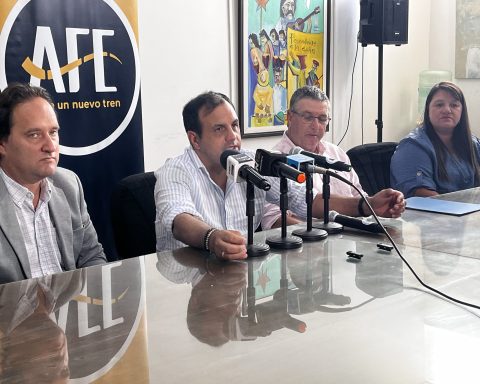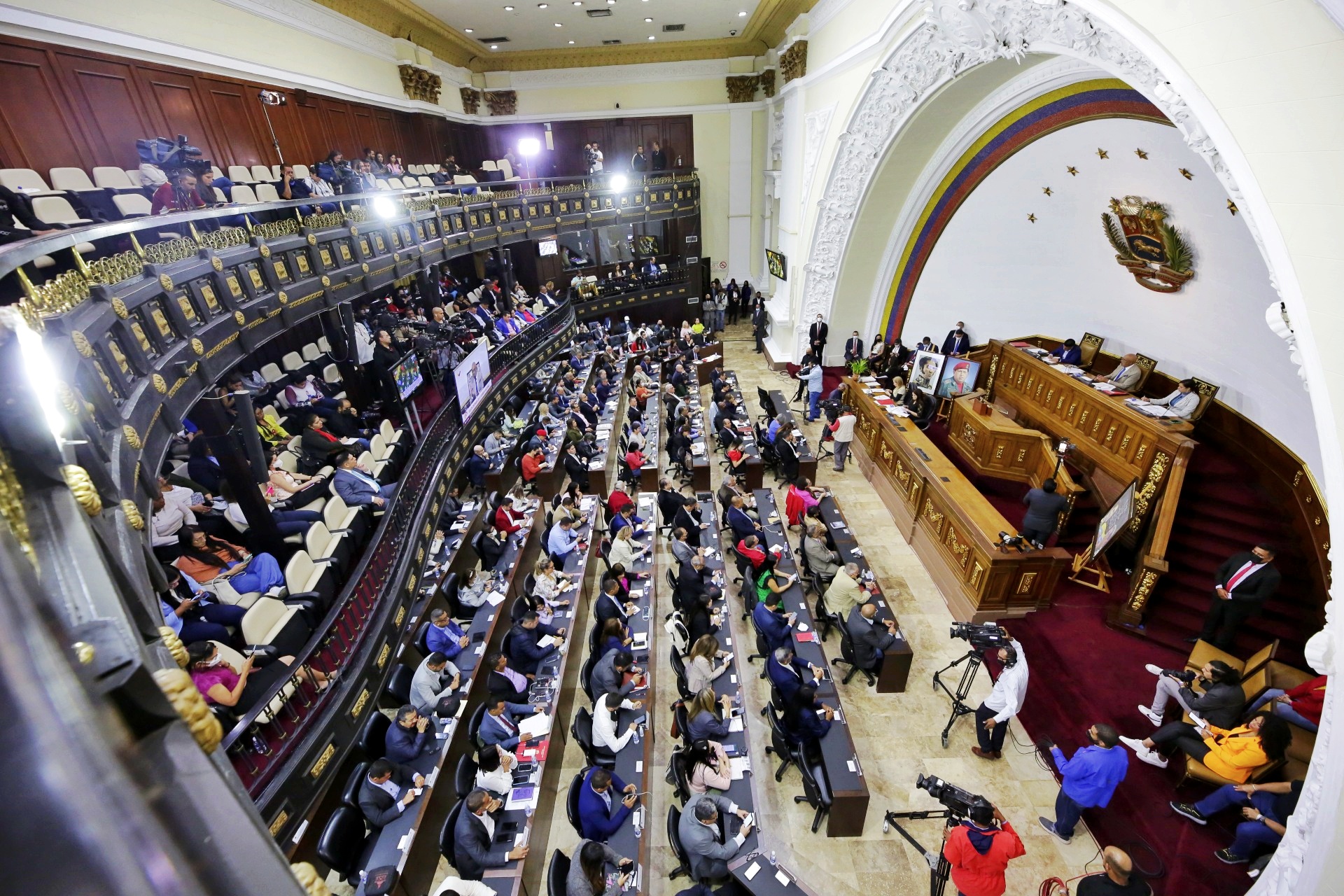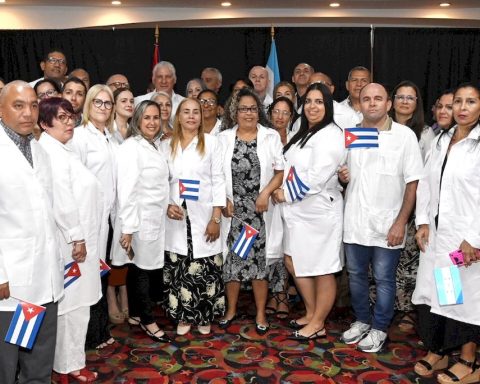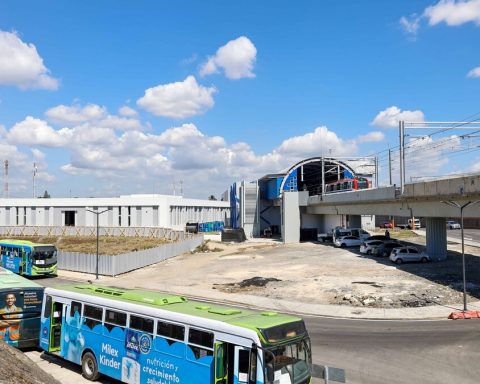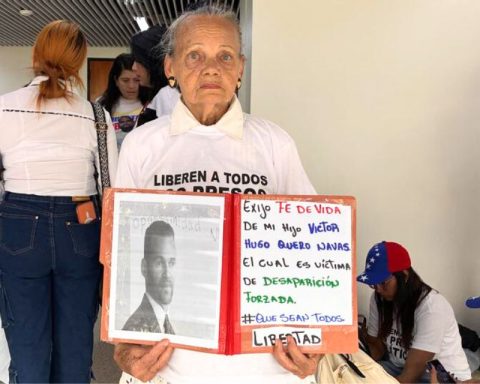On Friday the 19th of this month, a meeting of the Commission of the Paraguay-Paraná Waterway Agreement in Montevideo.
At the meeting, one of the topics discussed was the establishment of a toll rate for international transport in the section of the Paraná River between the Port of Santa Fe and the confluence with the Paraguay River.
Since January 1, the Argentine government ordered the collection of this toll of US$ 1.47 per ton of net registration to the vessels that transit through that section. Paraguay is one of the affected countries, since most of its exports arrive in transit to Montevideo to be shipped on overseas vessels to their final destination.
In the minutes of the meeting, to which El Observer, the delegations of Bolivia, Brazil, Paraguay and Uruguay conveyed their “serious concern about the toll established by Argentina”.
They reiterated that the measure was implemented unilaterally outside the regulatory provisions that establish the obligations of the States to keep the Commission of the Agreement informed of any legislative, judicial or administrative measure taken by one of the members.
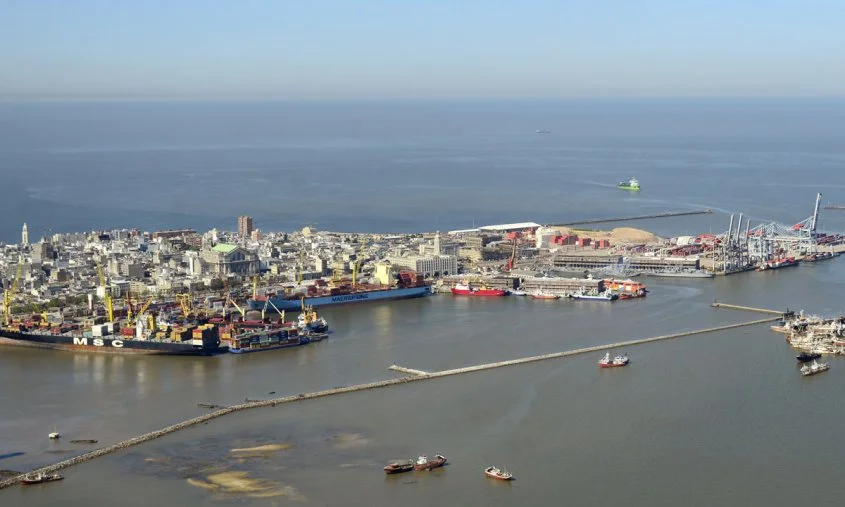
waterway
The four delegations reaffirmed the request to Argentina to suspend the application of the toll collection until the treatment of the matter is exhausted in the intergovernmental sphere of the waterway and the necessary measures are adopted to guarantee the freedom of transit of the vessels of their respective flags.
They also stated that the adopted resolution generates a direct impact on the economic agents that use this navigable section, specifically the vessels of their respective flags and users, which to date already caused considerable economic damage to trade in the waterway and that will have to be quantified for the purposes of its eventual compensation.
The Argentine delegation showed a firm position regarding continuing to apply the measure. He pointed out that the collection of a fee in the Santa Fe – Confluencia section was decided respecting all the international commitments assumed with the member countries, with the sole objective of receiving a consideration for the dredging and beaconing service carried out in that area.
He affirmed that it is not possible to suspend it, since its objective is to finance the investments actually made since 2010 at the expense of the Argentine State.
He also explained that it does not affect the freedom of navigation in any way, nor the international treaties signed by Argentina and that it is not a discriminatory measure, since it is applied to all ships regardless of their nationality.
Finally, he conveyed that the amounts received from the collection of the toll will be used to maintain the works and may also be applied to additional projects that improve the control of navigation safety and care for the environment.
The members of the agreement agreed to convene a new meeting, initially for June 5, to continue exchanging on the subject and with the commitment to the participation of technical officials from the intervening countries.
Paraguayan actions against the toll
Since the application of the measure, the maritime shipowners of Paraguay have shown their rejection and stated that it generates strong economic damages to the foreign trade of their country.
The vice president of the Center for River and Maritime Shipowners of Paraguay (Cafym), Esteban dos Santossaid to The Observer that the estimate of the trade union is that Argentina has invoiced about US$ 5 million for tolls.
He informed that most of the companies rejected the invoices through document letters. “Some companies have received a summons with the threat of interdiction of the vessels for non-payment; others have paid under protest,” he said.
He added that many companies have filed actions declaring unconstitutionality before the Argentine Justice hoping to obtain a precautionary measure.
The toll
The measure was imposed by the Ministry of Transportation of Argentina through a resolution of December 29, 2022.
The toll for the barge that transits the waterway is applied when it carries the cargo and when it returns to its country of origin, generally empty. The charge is based on the net registered ton of the vessel, a unit of measure that arises from a calculation of the volumetric weight of the vessel and its dimensions.
22 million tons pass through the waterway. Of this total, 14 million are from Paraguayan merchandise, six million from Brazil and two from Bolivia.
Currently, 98% of Paraguayan merchandise in containers goes abroad through the port of Montevideo. Part of the bulk cargo (grains and iron ore) arrives first at Nueva Palmira.
